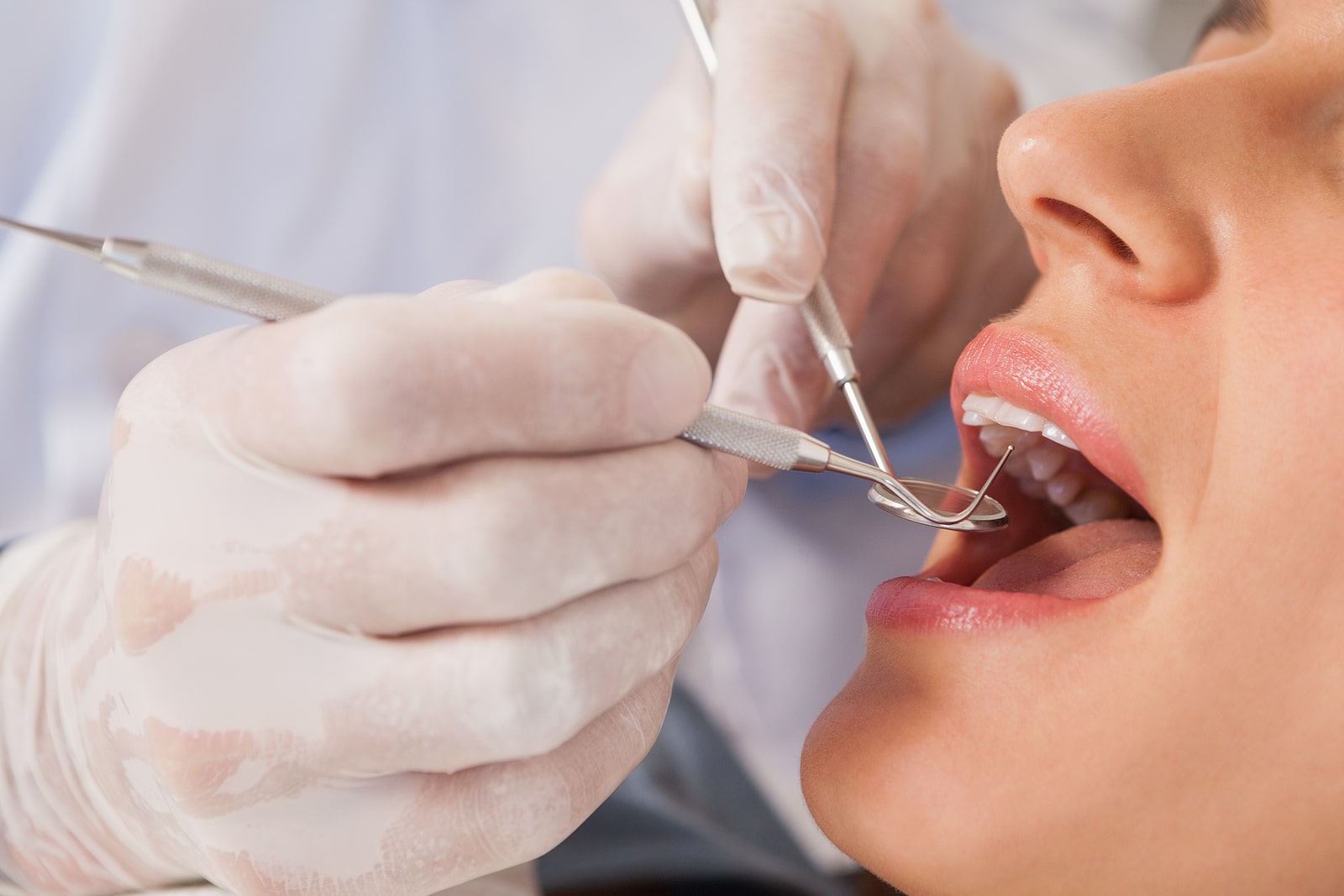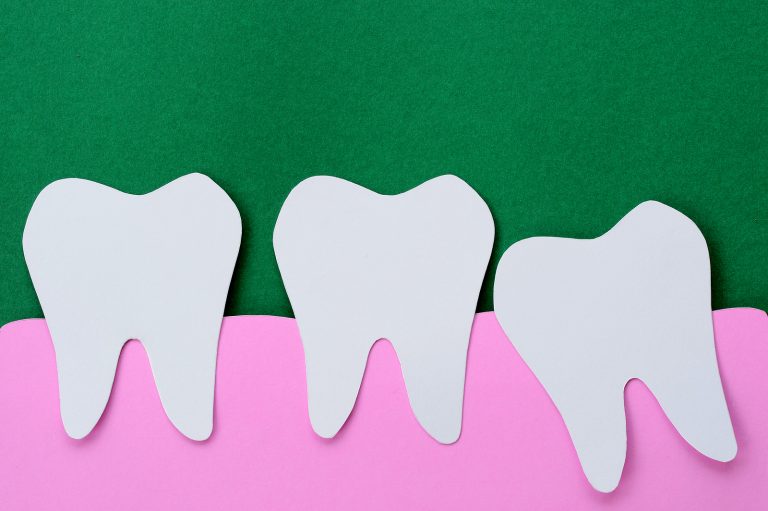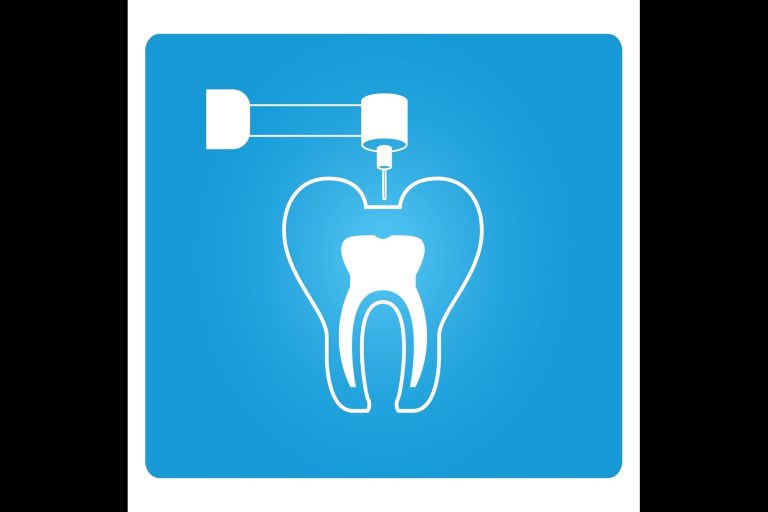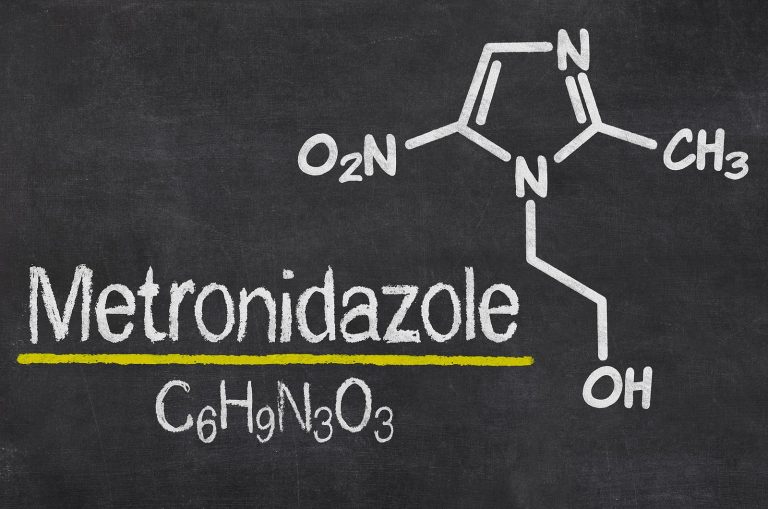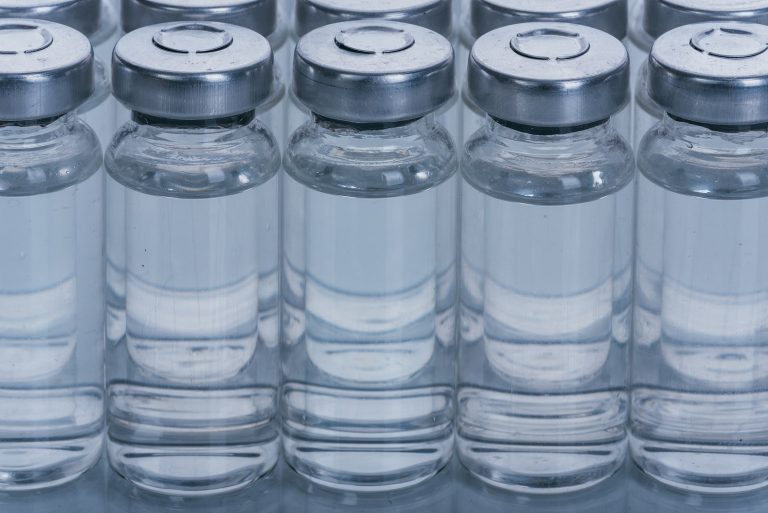If you are worried about a dental abscess or are dealing with the agonising pain that is sometimes caused by them, the first step many people will take is to find a way to get an emergency dental appointment.
An emergency dentist will begin the process of treating the abscess, which, depending on the state of the teeth and the stage of the abscess, may involve a mix of cleaning and disinfecting the area, a root canal or an extraction of a tooth that is beyond saving.
However, in many areas, an emergency dentist is not always available, and since a dental abscess will not get better on its own, an alternative solution is necessary.
One option is antibiotics, specifically amoxicillin, but some people dealing with the swelling and phases of pain and pus-based relief are uncertain whether they can receive antibiotics without a dentist prescribing them.
This creates a chicken-and-egg type issue where people need something to help ease the symptoms of a dental abscess whilst waiting for a dentist which is typically prescribed by a dentist.
Thankfully, an online consultation process provides access to antibiotics if the consulting prescriber believes that they are necessary to relieve your symptoms, without needing to see a dentist first.
Here are some of the reasons why you may need antibiotics before you have a dental appointment.
If A Dentist Is Not Available
The most common reason why abscesses are treated with antibiotics first rather than as a course at the end of treatment is simply because it is the fastest treatment available.
Contacting the NHS 111 service will typically get you an emergency dental appointment, but if you are in an area that does not have much availability when it comes to NHS appointments, it could lead to a choice between going private at considerable expense or waiting for the NHS appointment.
This could be weeks, possibly even months, during which time it is possible that the abscess could progress to a more advanced and serious stage. In the worst-case scenario, it could turn a 111 call into a 999 call if there is a serious delay in getting treatment.
Whilst you will still need to see a dentist following a short course of antibiotics, it can help to relieve symptoms and significantly reduce the infection.
When There Is Significant Swelling
In more complex cases of tooth infection that cause an abscess, treatment can be a multi-stage process, which in some cases would require antibiotics to be taken first.
This is most commonly the case in the event of major, noticeable facial swelling, where the levels of pus can be significant enough that the swelling and abscess need to be drained.
In many cases, this involves a course of antibiotics, draining the area and then performing a root canal or extraction as appropriate to protect the area and avoid further infection.
Some courses of treatment involve drainage, antibiotics, and then treatment, whilst others have a course of antibiotics first, especially if there is a delay before the dental appointment.
If There Are Other Major Symptoms
As a dental abscess is caused by a bacterial infection, the swelling can be accompanied by other symptoms such as a fever or fatigue that cannot be accounted for by other causes.
If these symptoms become noticeable, there will be a need for antibiotics sooner rather than later to not only treat and relieve the abscess but also to ensure that the feverish symptoms do not progress any further.
This can take place alongside other dental procedures, depending on what a dentist believes is best, but if the fever or fatigue is prominent, antibiotics might be the first part of the treatment.
If There Is A Risk of Complications
If a dental abscess is allowed to progress, the risks of complications become more significant and severe, and antibiotics will be prescribed not just to relieve the abscess but to reduce the risk of a more significant condition.
For example, if there is a risk of a deep neck infection, where the abscess swells around the neck or back of the mouth.
This abscess could be potentially dangerous as it could close the windpipe, stopping the ability to breathe or swallow.
Typically, antibiotics will be provided before that point as part of treatment, but in the unfortunate event that it starts to affect breathing, the accident and emergency department will tend to use antibiotics administered intravenously in order to ensure they reach the affected area quickly.
If You Have A Weakened Immune System
People who are immunocompromised are at a greater risk of complications from dental abscesses, such as sepsis or infective endocarditis, a potentially life-threatening infection of the heart lining.
If there is a greater risk of bacteria entering the bloodstream and thus spreading throughout the body, a preventative course of antibiotics might be required to prevent infection before further treatment is undertaken, particularly if said treatment could create a unique risk of serious complications.
If You Have Pre-existing Heart Conditions
If you have already had a heart lining infection, you may be at a greater risk of contracting another one, and because of this might be recommended a course of antibiotics.
Similarly, if you have weakened heart valves or artificial heart valves, you may be at a great risk of complications from a heart infection. This can be true even if you have had a heart transplant and there is an issue with one of the valves of your new heart.
Typically, if you have had a heart condition that has involved the use of a prosthetic, either since birth or one you have been actively treated for over the past six months, a doctor may recommend a course of antibiotics to protect you whilst you wait for treatment for the abscess.
Ultimately, the decision to prescribe antibiotics will be carefully made to maximise your safety and comfort and ensure that your individual needs are met as you get ready for dental treatment to ensure an effective and complete long-term recovery.

